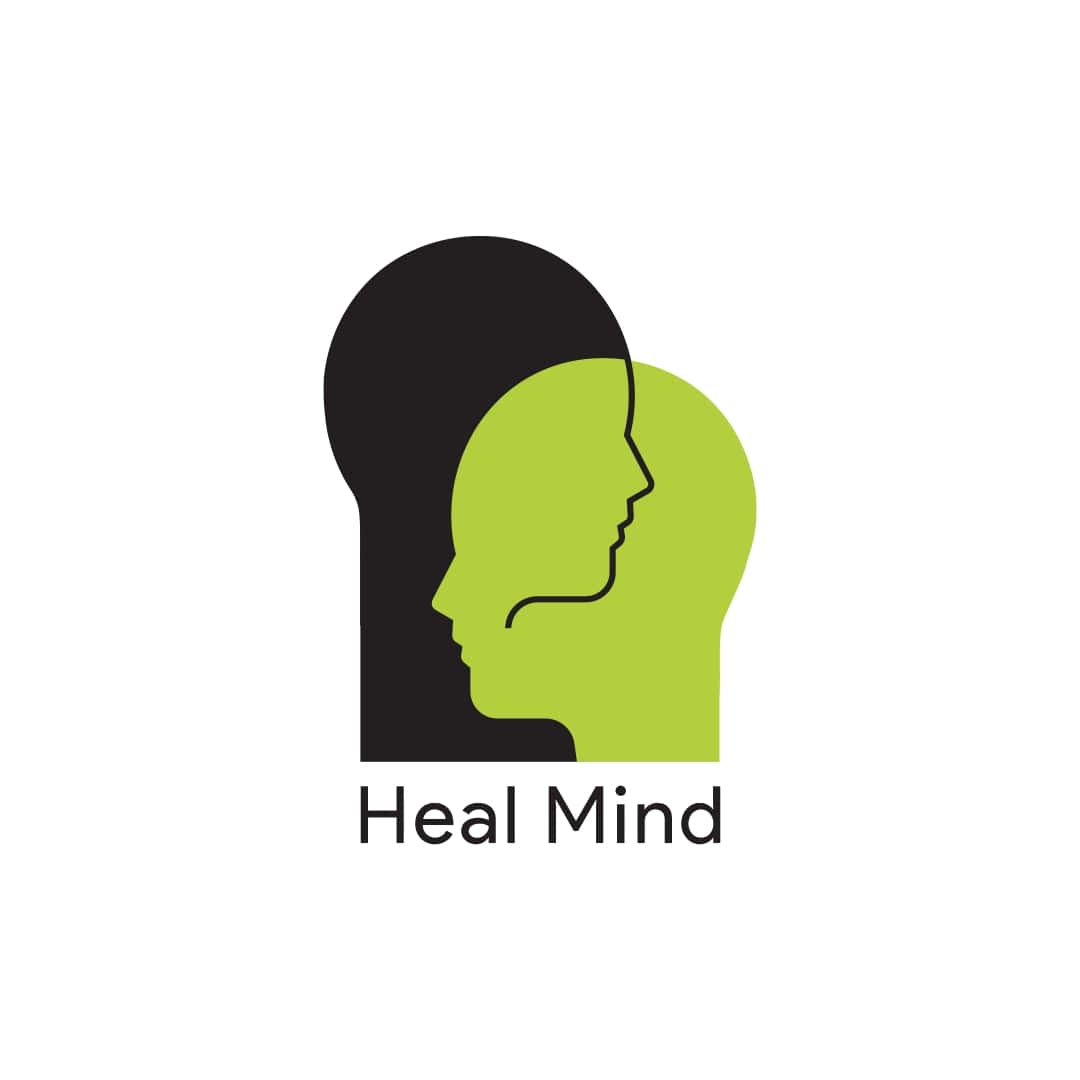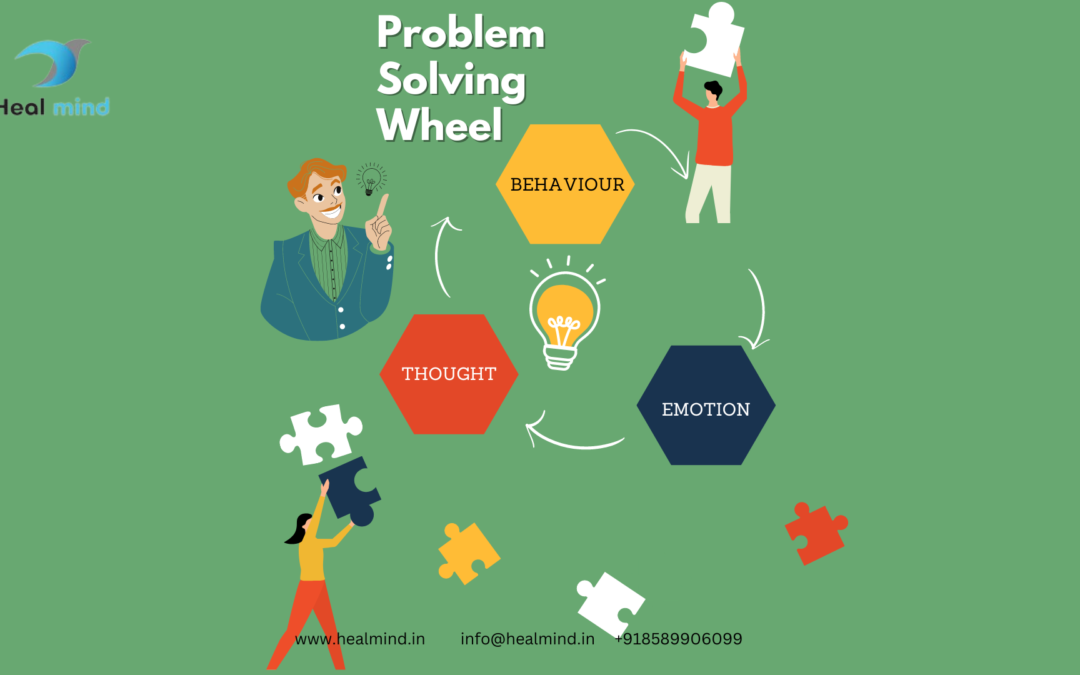Introduction:
In our fast-paced world, many of us face tough times that affect our mental well-being. Luckily, there are therapies that can help. This blog will explore Cognitive Behavioral Therapy (CBT), a well-known method, and other similar therapies. We’ll break them down into easy-to-understand concepts. Plus, we’ll introduce you to trusted therapists like Arpitha Sachindran, Prijitha S, and Sreerekha Mohan from Healmind, who specialize in these therapies.
TL;DR
Explore the world of evidence-based therapies, including CBT, and meet experienced therapists from Healmind. Get simple insights into improving mental well-being and discover alternative therapies. Your path to a happier, healthier life starts here!
What is Cognitive Behavioral Therapy (CBT)?
CBT is like a mental workout for your mind. It’s all about understanding how your thoughts, feelings, and actions are connected. By changing your thoughts, you can improve your emotions and behaviors.
CBT in Simple Terms:
1. Anxiety and Sadness Helper: CBT is great at helping with feelings of worry and sadness. It shows you how to replace negative thoughts with more positive ones.
2. Talk Therapy: Think of CBT as a helpful conversation with a therapist. You talk about your thoughts and feelings, and they guide you.
3. Mindfulness Friend: CBT often uses mindfulness, which means being aware of your thoughts and feelings in the moment.
4. Tools for Feeling Better: CBT gives you tools to deal with your problems. It’s like having a mental toolkit.
How CBT works
Let’s look at the ways in which CBT also known as CBT, also known as Cognitive Behavioral Therapy, can make positive changes in your life. CBT relies on the concept that your thoughts, feelings physical sensations, and actions are all connected. It acknowledges that negative emotions and thoughts can lead to a vicious loop that’s difficult to break.
CBT can help you face the challenges of life in a positive way. It accomplishes this by breaking these challenges into manageable components. The best part is that CBT helps you change negative thoughts into ways to feel more positive.
Contrary to other methods of therapy, CBT focuses on addressing your present problems and doesn’t focus on problems that you’ve had in the past. It’s focused on finding effective, realistic ways to improve your wellbeing each day.
Uses for CBT
CBT has been demonstrated to be an effective method to treat a variety of various mental health issues.
Alongside depression and anxiety-related disorders, the CBT may assist people with:
- Bipolar Disorder
- Borderline Personality Disorder
- eating disorders, like eating disorders such as anorexia as well as bulimia
- obsessive compulsive disorders (OCD)
- anxiety disorder
- phobias
- post-traumatic stress disorder (PTSD)
- psychosis
- schizophrenia
- Sleep issues – like insomnia
- problems arising from problems with alcohol abuse
CBT is sometimes also utilized to treat those suffering from long-term health problems like:
- irritable bowel syndrome (IBS)
- chronic fatigue syndrome (CFS)
- fibromyalgia
- chronic pain
While CBT is not able to cure the physical manifestations of these diseases but it can help patients manage their symptoms better.
What happens when you participate in CBT sessions?
If you’re recommended to try CBT then you’ll typically meet with a therapist every week, or at least once every 2 weeks.
The treatment typically runs between six and 20 sessions with each session lasting between 30 or 60 minutes.
In the sessions during the sessions, you’ll work with your psychotherapist to break your issues into distinct elements, like your thoughts, physical sensations and your actions.
Your therapist and you will analyze these areas to determine the extent to which they are unhelpful or unrealistic and determine their impact on one another and you.
Your therapist will be able to figure out ways to modify undesirable thoughts and behavior.
After you’ve identified the things you could do to improve your life the therapist will then ask you to apply these changes in your everyday life. You’ll also discuss what you learned in the following session.
The ultimate goal in therapy will be to help you how to apply the techniques you’ve acquired during therapy in your everyday life.
This will help you deal with your issues and stop them from in a negative way from affecting your daily life, even after the course of treatment is over.
Pros and cons CBT
Cognitive behavioral therapy (CBT) is efficient in treating certain mental health issues, however it may not be effective or appropriate for everyone.
Some of the benefits of CBT are:
- It is possible to complete it in a short amount of time, compared to other talk therapies.
- CBT is highly structured. CBT allows it to be delivered in a variety of formats, such as group sessions self-help books, online.
- It teaches you practical and practical methods which can be applied in your daily life following the treatment is over
- It is focused on a person’s ability to alter their own behavior (their beliefs, feelings and the way they behave)
- It can prove as efficient as medicines for treating certain mental health issues and could help in situations in which medicine alone hasn’t been effective.
A few of the drawbacks of CBT worth considering are:
- You must commit for the entire process in order to get maximum benefit from it. A therapist is able to help and guide you, however they require your cooperation
- regularly attending CBT sessions as well as completing any additional work in during sessions can consume an excessive amount of time.
- It may not be appropriate for those with more complicated mental health issues or who have learning difficulties.
- It is about confronting your emotions and fears – you might be experiencing initial phases of feeling emotional or anxious
- it doesn’t tackle any other issues in family or system that could affect people’s health or wellbeing.
Many critics claim that although CBT tackles current issues and addresses particular problems, it doesn’t tackle the underlying factors that cause mental health problems like a unhappy childhood.
Meet the Therapists: Arpitha Sachindran, Prijitha S, and Sreerekha Mohan
At Healmind, there are experienced therapists who are experts in CBT. Let’s get to know them:
Arpitha Sachindran: Arpitha is a caring therapist who’s really good at helping people with anxiety and stress. She can show you how to change those negative thoughts into more positive ones.
Ms. Arpitha Sachindran, a licensed clinical psychologist and CEO of Healmind online counseling center, offers therapy services to adults, children, and couples in Cochin/Kochi, India. Her qualifications include an MPhil in Clinical Psychology, and she is certified in learning disability management.
With extensive experience, Arpitha specializes in personality disorders, parent-child and adolescent interactions, marital issues, and more. She’s a skilled lecturer and guide, conducting seminars and training events. Arpitha uses various therapeutic approaches like CBT, ACT, and psychodynamic therapy, focusing on positive psychology concepts for holistic personal and societal development. Her expertise covers a range of issues, from low mood and anxiety to workplace stress and cultural adjustment.
Sreerekha Mohan: Sreerekha knows how to deal with fears and social anxiety. She uses special techniques to help you face your fears little by little.
Ms. Sreerekha Mohan is a licensed clinical psychologist (RCI Registered: A63465) with an MPhil in Clinical Psychology. Currently pursuing a Ph.D. in Psychology, she boasts extensive experience in both government and private sectors.
Specializing in child, adolescent, and adult psychological and psychiatric issues, Ms. Sreerekha offers both offline and online counseling sessions. Her expertise extends to managing children with Learning Disabilities.
She’s a seasoned mental health advocate, having conducted numerous seminars, webinars, and classes on topics like suicide prevention, maternal mental health, stress management, and depression awareness. She employs a client-centered approach, using various psychotherapeutic methods, including CBT, BT, Positive Psychology, and Mindfulness-Based Therapy.
How CBT Works:
CBT therapy goes step by step:
1. Getting to Know You: Your therapist, like Arpitha, Prijitha, or Sreerekha, will chat with you to understand what’s bothering you.
2. Setting Goals: Together, you and your therapist set goals for what you want to achieve.
3. Finding Negative Thoughts: You’ll learn to recognize thoughts that make you feel bad, like thinking you’re not good enough.
4. Changing Actions: You’ll work on changing behaviors that aren’t helpful, like avoiding things that scare you.
5. Practice Makes Perfect: Your therapist might give you homework to practice what you’ve learned between sessions.
Exploring Other Therapies:
Besides CBT, there are some other therapies you might find helpful:
1. Rational Emotive Behavior Therapy (REBT):
This therapy is about spotting and challenging thoughts that don’t make sense and cause stress. It’s like replacing “I’m terrible” with “I’m okay, nobody’s perfect.”
2. Dialectical Behavior Therapy (DBT):
DBT helps you deal with strong emotions and improve your relationships. It’s like a toolkit for managing tough situations.
3. Acceptance and Commitment Therapy (ACT):
ACT teaches you to accept your feelings, even the tough ones, and focus on what really matters to you.
4. Mindfulness-Based Cognitive Therapy (MBCT):
This therapy combines CBT with mindfulness to help prevent depression from coming back.
Conclusion:
CBT is like a gym for your mind, helping you feel better by changing your thoughts. Therapists like Arpitha Sachindran, Prijitha S, and Sreerekha Mohan from Healmind are here to guide you through this journey.
Remember, there are other therapies like REBT, DBT, ACT, and MBCT that can help too. They each have their unique strengths. Your mental health is essential, and these therapies are tools to help you lead a happier and healthier life.

